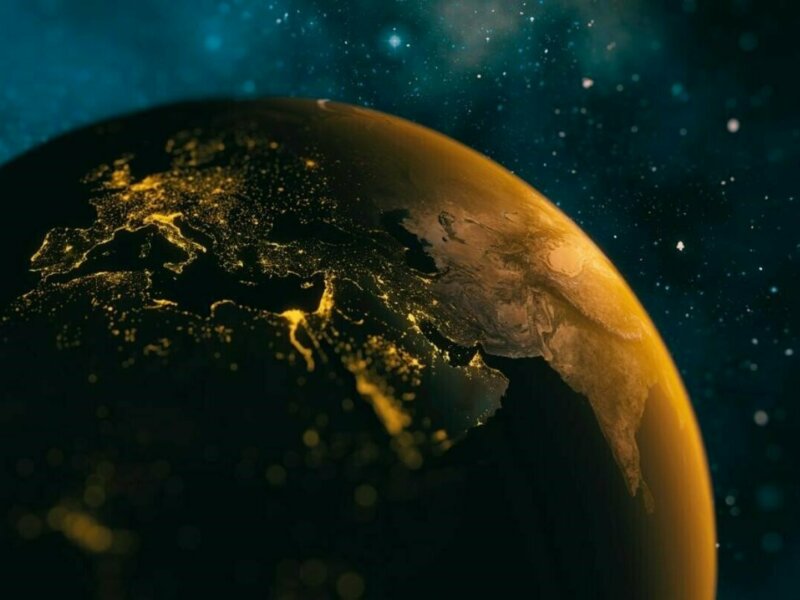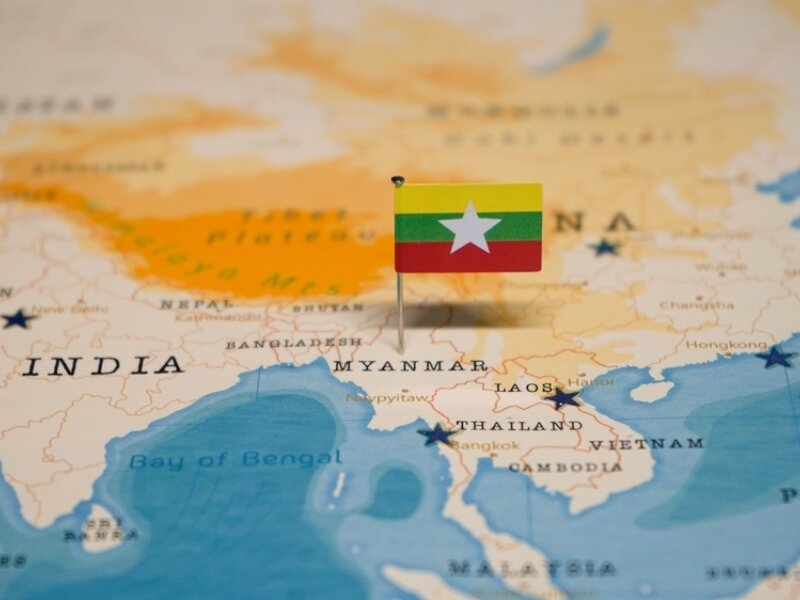Why including the African Union in the G20 increases the value of the group
The inclusion of the African Union as a permanent member of the G20, composed of the world's top 20 economies, may have momentous value for Africa's evolution. An analysis by Emanuele Rossi

The inclusion of the African Union (AU) as a permanent member of the Group of 20 (G20), composed of the world's top 20 economies, may have momentous value for Africa's evolution. At the same time, it means that the world's bigwigs have realized that the more than fifty African nations legitimately aspire to play a greater role in the international arena. It is probably the most concrete step to incorporate a substantial (and vital) part of the so-called Global South within global affairs. From here, concrete developments to go beyond the symbolism of the act will have to be evaluated.
The final move was played by India, host of the G20, but the United States and the European Union have long supported it, with Italy being among the direct beneficiaries. Indeed, if part of the strategic commitment, sought by Rome as its own added value for the G7 it will organize in 2024, concerns the development of the Global South, then the AU's inclusion in the G20 is crucial. And Italy has the way paved to invite the AU to the G7 event. Similar invitation should be directed to India, with whom Italy elevated relations to strategic partnership in March and with whom it can share plans for cooperation in third environments, such as precisely Africa, precisely geared toward the emancipation-social, political, economic, security and cultural-of the Global South.
The AU's permanent inclusion at the G20 was a long overdue step, and Indian Prime Minister Modi did not miss the opportunity to provide a stage in diplomatic pomp to warmly welcome President Azali Assoumani of the Comoros, the current leader of the AU, demonstrating a palpable sense of joy at this progress. Senegal's President Macky Sall, former president of the AU, commented, "Congratulations to all Africans!" Sall is the politician who has most actively supported this accession, especially in the past year when African sensitivities have become a priority in international political debate, partly as an effect of the Russian war in Ukraine and the energy and food security consequences that have weighed on the continent.
The AU had tirelessly pursued full membership in the G20 for seven years, but until now only South Africa represented the continent within the group. Now the milestone raises pertinent questions about the implications, given that Africa's fates weigh on issues of overriding international concern, such as migration to Europe and various other securitarian layers, and that African territory is at the same time burdened more than any other by the effects of climate change-and is consequently affected (with right of will) in climate transition processes.
Permanent membership in the G20 symbolizes the rise of a continent poised for significant growth, with a young population of 1.3 billion set to double by 2050, constituting a quarter of the world's inhabitants. The AU's 55 member states have been pressing for a more significant role within international institutions that, for too long, have represented a post-conflict order that is currently being reshaped. Those countries seek to reform the global financial system, including institutions such as the World Bank (the subject of discussions at the G20 itself), which in the years after the Bretton-Woods agreements have set the pace of global economic- financial dynamics, sometimes even to the detriment of Africa.
Africa's attractiveness as an investment destination and as a sphere of political interest has also grown significantly, extending beyond traditional powers such as the United States and Europe. China has emerged as the continent's largest trading partner and a major financier (albeit carrying criticism related to the so-called "debt trap"), while Russia provides substantial security support (even in questionable and sensitive contexts, through hybrid carriers such as Kremlin-linked private security companies). There is no shortage of levels of confrontation in this confrontation, with anti-Western actors who have sown disinformation and narratives meeting widespread perceptions among communities, such as that still built around some European countries and their role as (former) colonizers. Effects are being seen in the institutional reversals that have recently affected the North Central African belt.
At the same time, Gulf nations have become prominent investors in the continent, and Turkey has established its largest military base abroad and its embassy in Somalia, becoming a very active player on the continent. In addition, Israel and Iran have increased their commitment to seeking African partnerships, and eastern countries such as India, Japan, South Korea, Indonesia, and Taiwan have also become active by structuring their partnerships and projects. Tokyo has its only extraterritorial base in Djibouti, overlooking Bab el Mandeb; one of the few countries in the world to recognize Taipei's statehood is eSwatini, which shares a non-gaining status.
African leaders have grown impatient with the portrayal of their continent as a passive victim of war, extremism and hunger, often forced to align with global powers. Some prefer to act as mediators, as evidenced by their involvement in peace efforts after Russia's invasion of Ukraine. In general, and the reaction to the Russian war is testimony to this, there is a growing desire among many for multi-alignment, taking advantage of the potential that the multipolar construction of international relations is offering. At the same time, AU membership in the G20 recognizes Africa as an important global power in its own right and gives it individual strength.
With full membership in the G20, the AU can effectively represent a continent that hosts the world's largest free trade area. More: a continent with vast reserves of resources crucial to combating climate change, a problem that, as mentioned, disproportionately affects Africa despite its minimal contribution and is already causing phenomena that deteriorate regional security (see the case of Fulani herders in the Sahel). Africa boasts 60 percent of the world's renewable energy resources and more than 30 percent of the essential minerals for renewable and low-carbon technologies needed for the energy transition. For example, Congo alone has nearly half of the world's cobalt, a vital component of lithium-ion batteries, as highlighted in a recent UN report on African economic development.
African leaders want to prevent new and old resources on their continent from being extracted for the processing and profit of others, which has prompted a desire for more local industrial development to boost their economies. This perspective was emphasized by Kenyan President, William Ruto, during the first Africa Climate Summit, where he stressed Africa's immense wealth when considering its natural resources. The summit concluded with a call for fair treatment by financial institutions, the fulfillment of rich countries' commitment to provide $100 billion a year in climate finance to developing countries, and the establishment of a global fossil fuel tax.
Now the biggest of the challenges on the horizon for Africa will be coordinating a unified position among AU member states, ranging from economic powerhouses like Nigeria and Ethiopia to some of the world's poorest nations. The rotating presidency of the AU, which changes every year, also introduces inconsistencies. However, as Africa now assumes a prominent role as a member of the G20, it becomes imperative for the continent to present a united front in influencing the global group's decision-making process.
African leaders have demonstrated their readiness for collective action, exemplified by their joint criticism of vaccine hoarding by rich countries during the Covid pandemic and collaborative efforts to secure essential supplies. Ultimately, Africa's elevated status as a high-profile member of the G20 underscores the continent's growing importance on the global stage. This development becomes an opportunity for the continent to defend its interests, exploit its abundant resources, and actively engage with emerging global players while seeking to represent its diverse nations in a unified manner.



